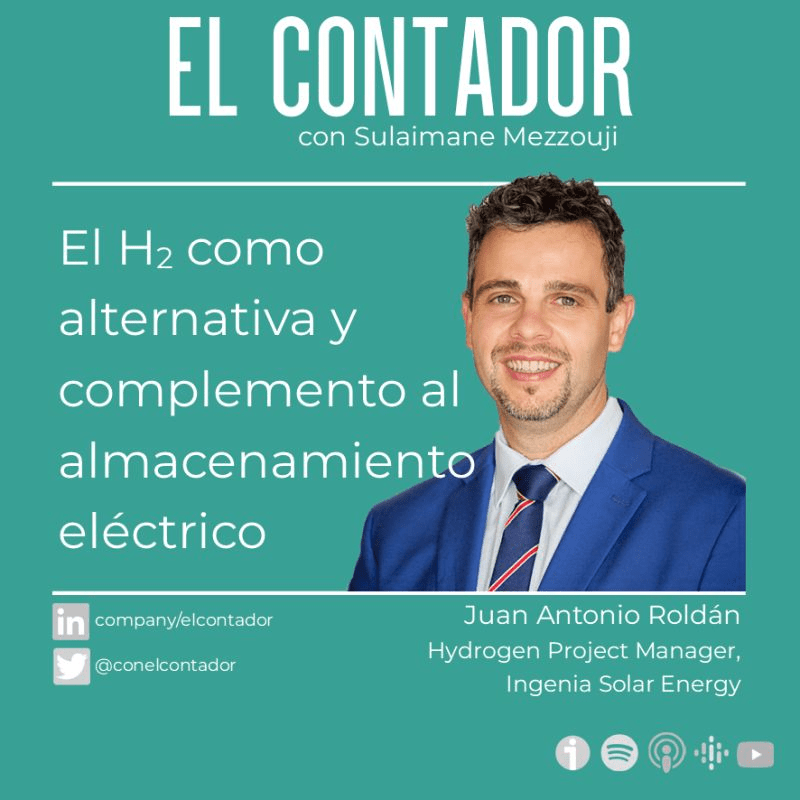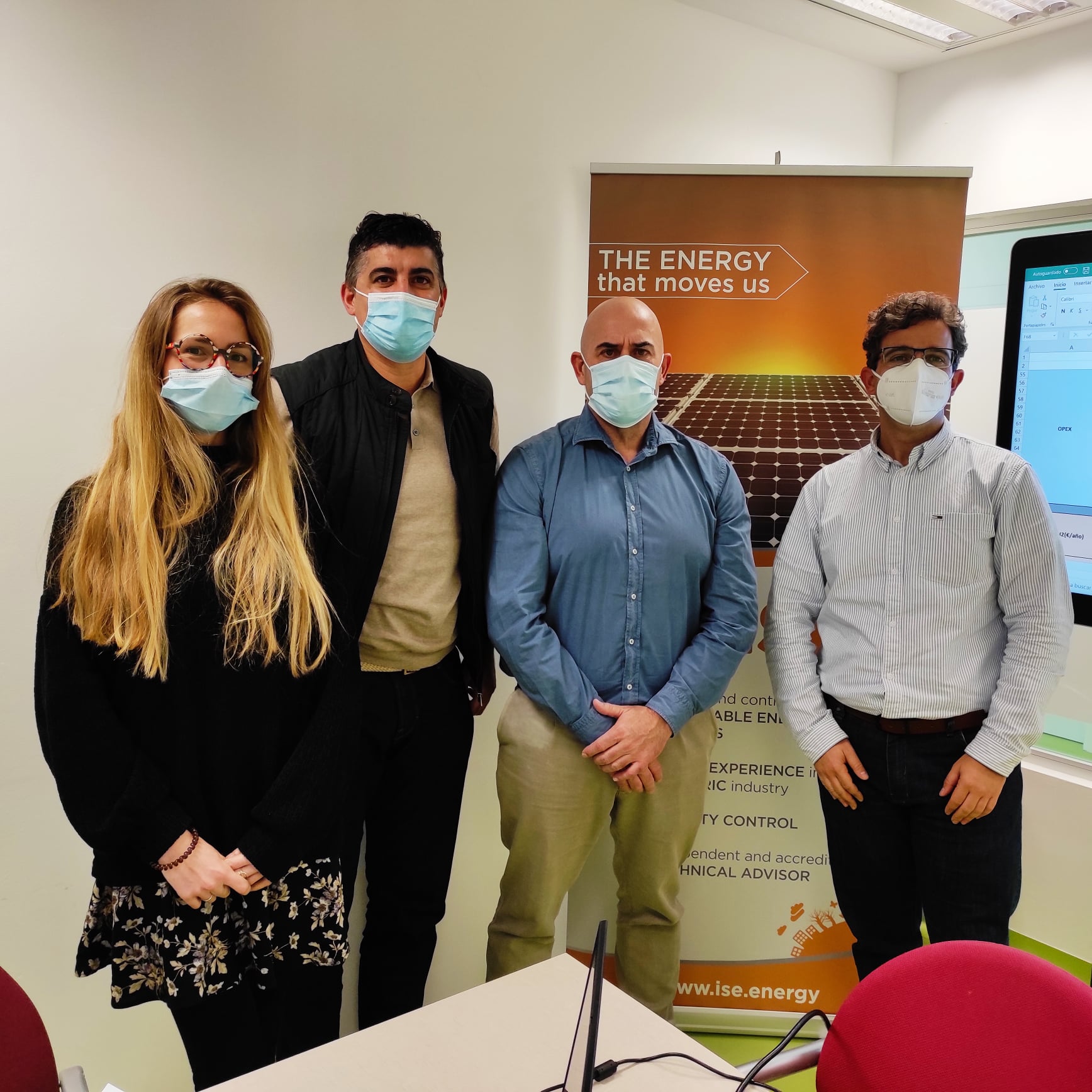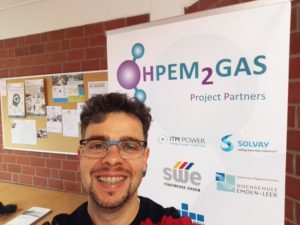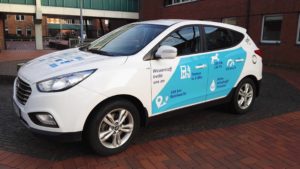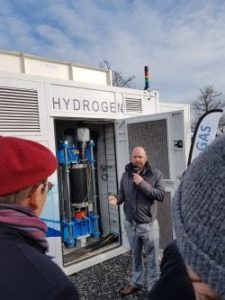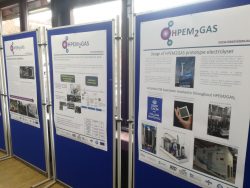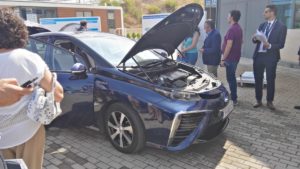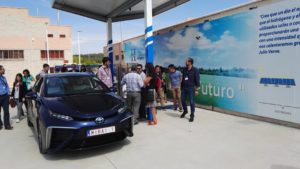Do you know the Hydrogen Council 2017?

Who is part of this council:
For your information the companies that are part of the initiative are Air Liquide, Alstom, Anglo American, BMW Group, Daimler, ENGIE, Honda, Hyundai, Kawasaki, Royal Dutch Shell, The Linde Group, Total and Toyota.
Some of the companies involved, as you will suppose, already have connection with this energy vector, either by their industrial activity related to their production and distribution or by the manufacture of cars driven by fuel cells that are fed with hydrogen gas.
These thirteen leading global companies in the field of energy, transport and industry have presented the Hydrogen Council in Davos. This is the first global initiative in this regard.
The Council will offer recommendations and work with the key actors for its promotion: policy makers, business leaders, international organizations and civil society.
In addition, they are committed to intensify their investments for the development and commercialization of hydrogen and fuel cells. These investments currently amount to about € 1.4 billion / year.
Hydrogen Council objectives:
This advice seeks to place hydrogen as one of the key solutions to the energy transition and therefore have set ambitious targets such as reducing carbon dioxide emissions by up to 70% by 2050.
In order to achieve its objectives, its main task will initially be to influence both administrations and society itself so that hydrogen becomes the best future alternative for energy in transport.
Statements of council members:
During the Economic Forum in Davos several of the members of this council of hydrogen took part, I leave here the statements of their two co-presidents of different sectors and geographical areas:
Air Liquide CEO Benoît Potier said: “The 2015 Paris Agreement to combat climate change is a significant step, but it needs to take business action to make that promise a reality.
The Hydrogen Council brings together some of the world’s leaders in industry, the automotive sector and energy companies with a clear ambition to explain why hydrogen is one of the key solutions to the energy transition and, therefore, Requires the development of new strategies to support it. We can not do it alone. We need governments to support hydrogen with their own actions, such as through large-scale infrastructure investment plans.
We call on world leaders to commit to the development of hydrogen, so that, together, we can meet our commitments to climate change, promoting the development of this new energy ecosystem “
Toyota President Takeshi Uchiyamada commented: “The Hydrogen Council will show responsible leadership in exhibiting hydrogen technology and its benefits to the world. It will seek collaboration, cooperation and understanding between governments, industry and, what is More important, the public.
At Toyota, we have always tried to play a leading role in the environment and technological advancements for the automotive industry, even by introducing fuel cell vehicles. In addition, we know that, apart from transportation, hydrogen has the potential to support our transition to a low-carbon society across multiple industries and the entire value chain. The Hydrogen Council aims to actively promote this transition. “
Why choose hydrogen:
As major leaders in the energy sector, they know that hydrogen is a very versatile energy carrier with characteristics such as non-emission of CO2 during its use as a fuel or source of clean energy. In addition, hydrogen-related technologies and products have advanced significantly in recent years, and are now beginning to hit the market.
And although hydrogen storage may be more expensive than hydrocarbons because of their light gas characteristics, it can be stored indefinitely. Thus, hydrogen produced by solar energy during the summer months will allow storage in tanks without major problems until the arrival of winter, something impossible to do with electricity.
In my opinion, all of the above points out that the pure electric vehicle will become a solution for public transport where autonomy and recharge will not be a problem, while the arrival of hydrogen will give us more autonomy and will become the source of Main energy.
We have to be very attentive to know the evolution of the batteries in coming years, both in capacity and production costs.
Download the first council guide on hydrogen 2017.

